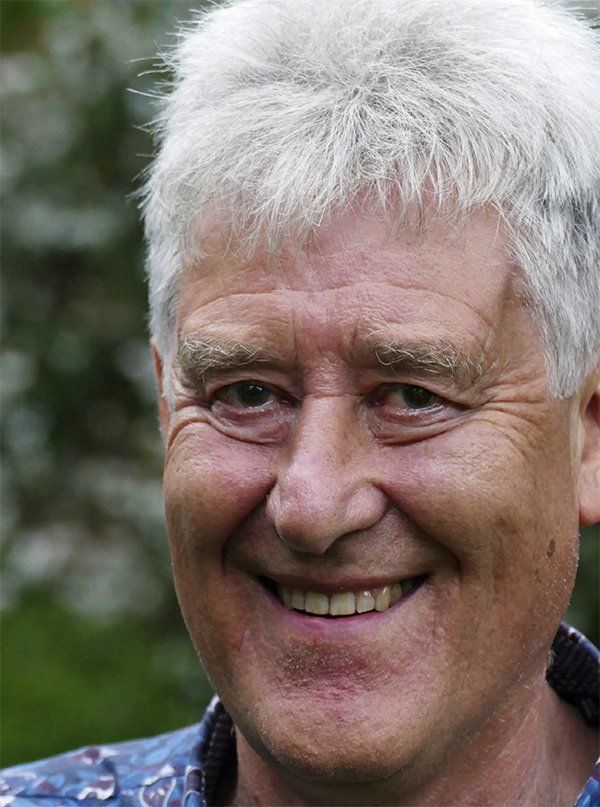A Human Rights Lens Helps To Make Sense Of The World
Hugh Starkey is Professor of Citizenship and Human Rights Education at IOE, UCL’s Faculty of Education and Society, London. His most recent book (2021), co-authored with Lee Jerome, is Children’s Rights Education in Diverse Classrooms: pedagogy, principles and practice (Bloomsbury).

I am delighted that the Steve Sinnott Foundation has launched a competition to encourage children to explore human rights. I am deeply impressed at the quality of the resource the Foundation produced to support teachers wishing to engage with this project. It is called Creating Change – The World I Want to Live In and I think this is a very exciting way to approach human rights at a time when children across the world have been in the forefront of campaigning for climate justice and race equality.
I’ve been involved with human rights education over many years because I’ve found that a human rights lens helps to make sense of the world. It helps us to name both the features of our vision of a better society and manifestations of discrimination and injustice. As a teacher, I am always looking to the future. The purpose of any education is to help individuals develop knowledge and skills that they can use in society. Globalization situates us in a web of relationships that includes people who are geographically distant but with whom we can communicate easily through our smartphones.
The World I Want to Live In is an invitation to think about our values and what is worth living for. The challenge of Creating Change is to devise creative ways to work with others to achieve the features of the world we want to live in. Fortunately, we don’t have to start from scratch. We have texts, such as the Universal Declaration of Human Rights (UDHR) and the Convention on the Rights of the Child that present a vision of a better world and provide principles and guidance to help achieve it. This vision is a utopia where ‘human beings shall enjoy freedom of speech and belief and freedom from fear and want’. This inspires us to work for change.
This vision and these principles have universal application. Eleanor Roosevelt, who chaired the Commission of the United Nations that drafted the UDHR, asked: ‘Where, after all, do universal human rights begin? In small places, close to home… they are the world of theindividual person; the neighborhood he lives in; the school or college he attends; the factory, farm, or office where he works’.
This reminds us that human rights are not just an issue for those in contexts where they are severely repressed. Commitments to human rights underpin our daily lives. Building on Eleanor Roosevelt’s observation, I like to ask my students to think about various places in their communities and write against each of them human rights which may be associated with that place. Schools enable the right to education but may sometimes be associated with violence and degrading treatment; the town hall is associated with democracy; bus stops help freedom of movement; places of worship require freedom of belief; parks symbolise the right to rest and leisure; police stations, prisons and law courts must be regulated by rights to fair trial and justice; hospitals deliver rights to health. Such places exist in communities across the world and children interact with them daily. They may enjoy the facilities, but they may also experience discrimination, as children, as minorities, because of their gender or sexuality. The Foundation’s competition invites children to identify rights issues associated with their experiences of these institutions and to imagine them as more fully rights respecting.
The pack includes an activity examining rights in schools. It emphasises the power of stories and encourages artistic and cultural projects. Participation in the competition is fun, exciting and a contribution to the UN’s Sustainable Development Goals.
First published in Engage 24.




